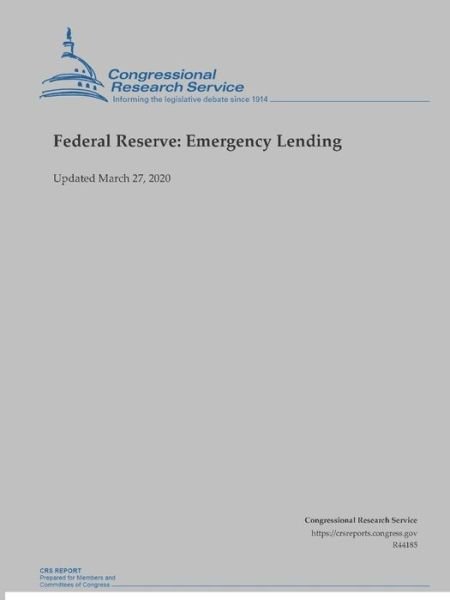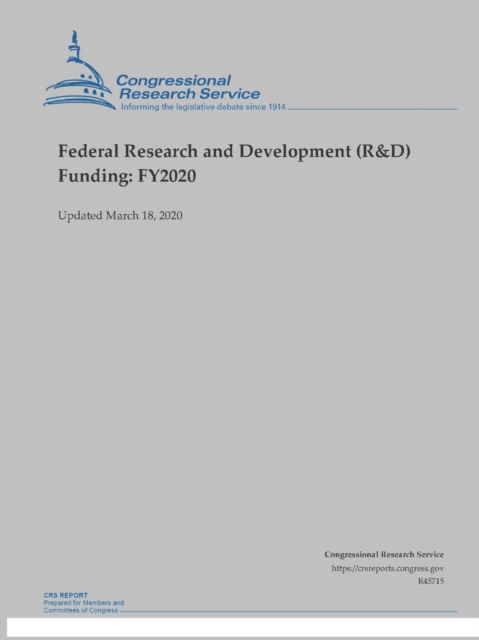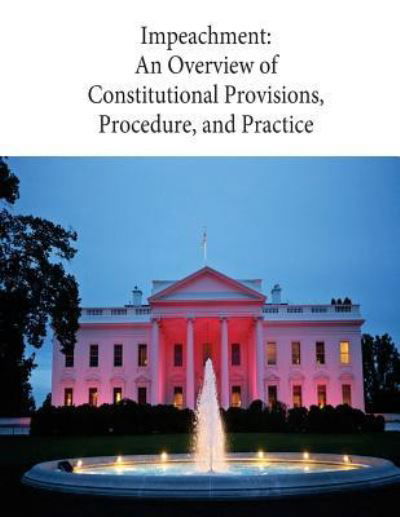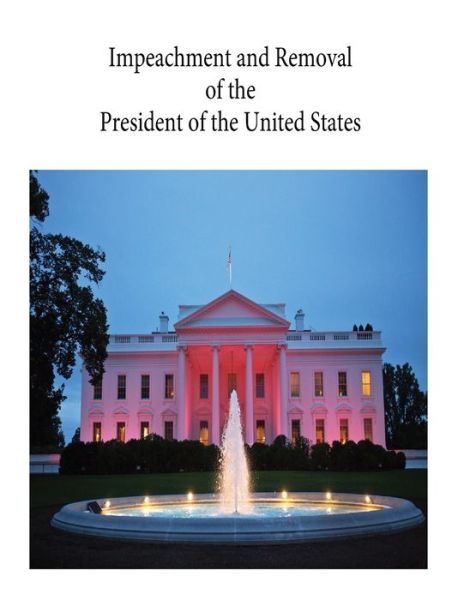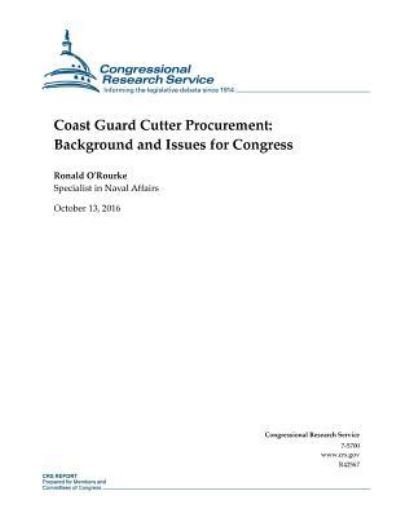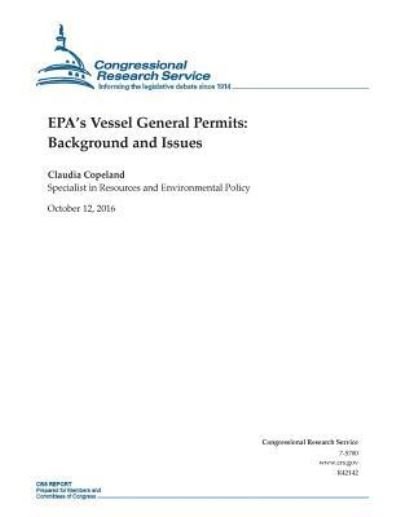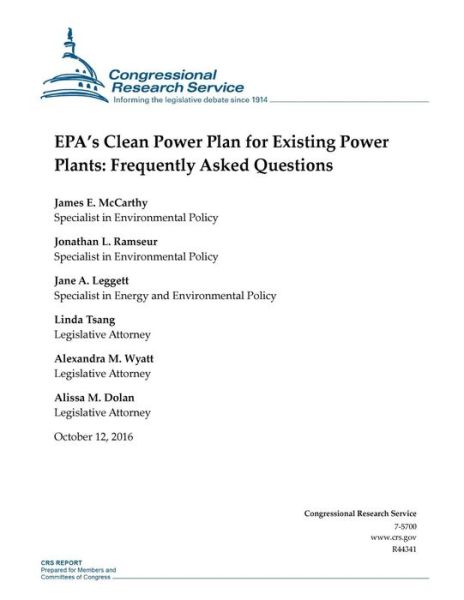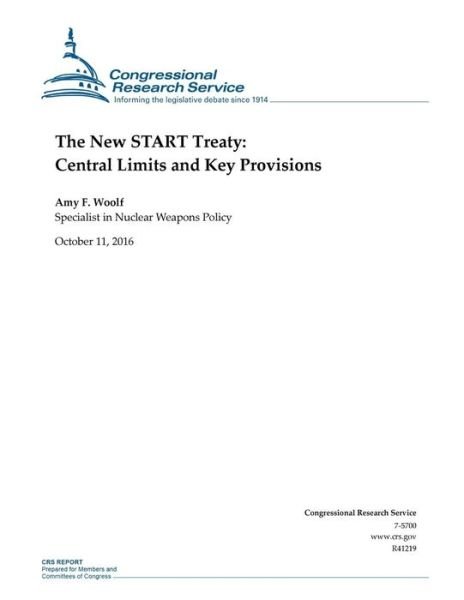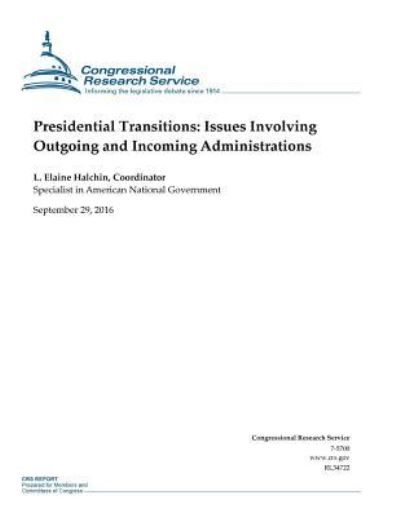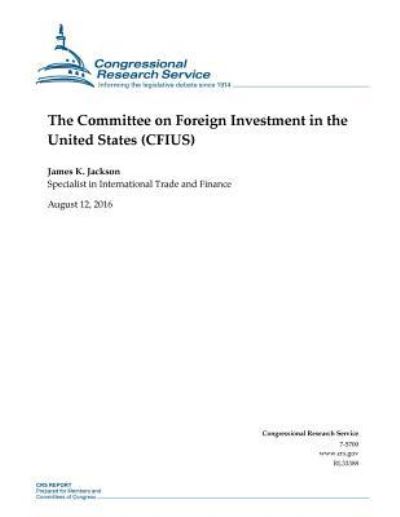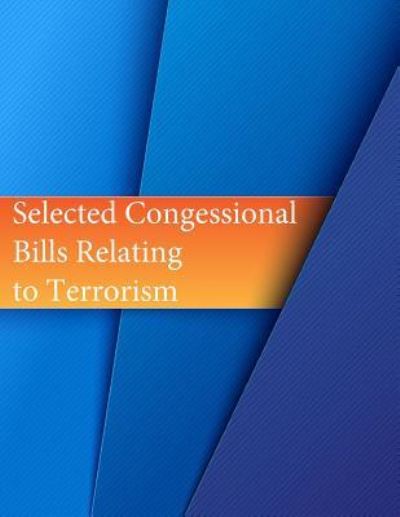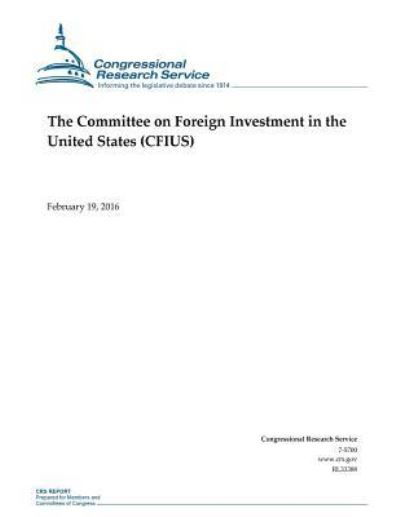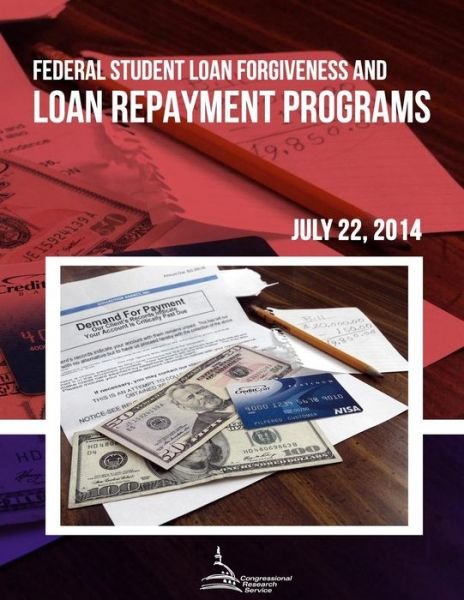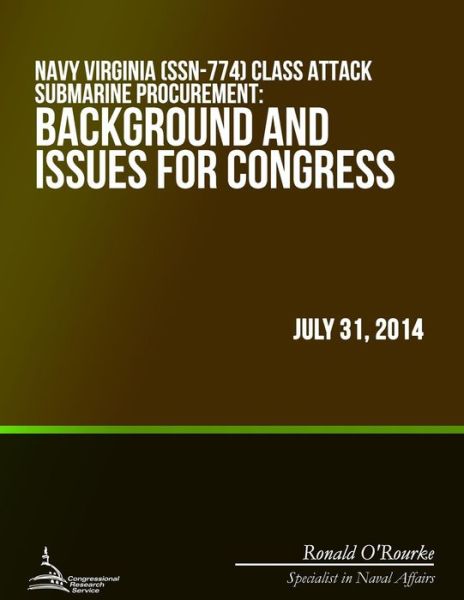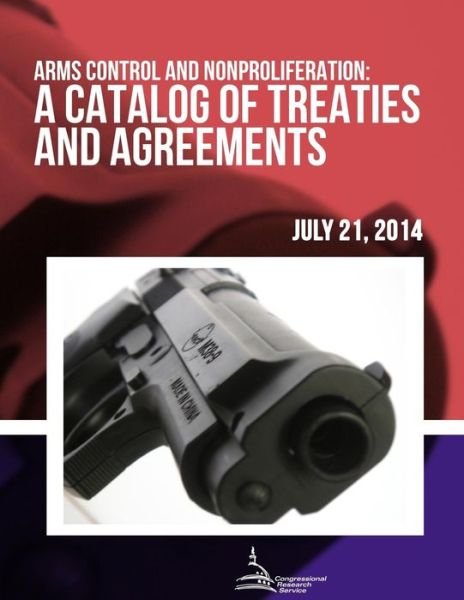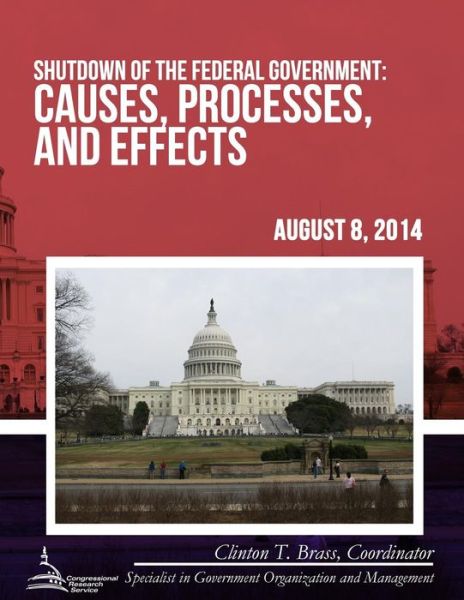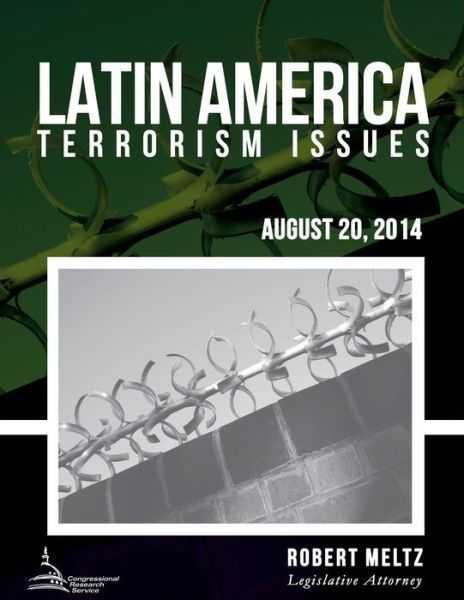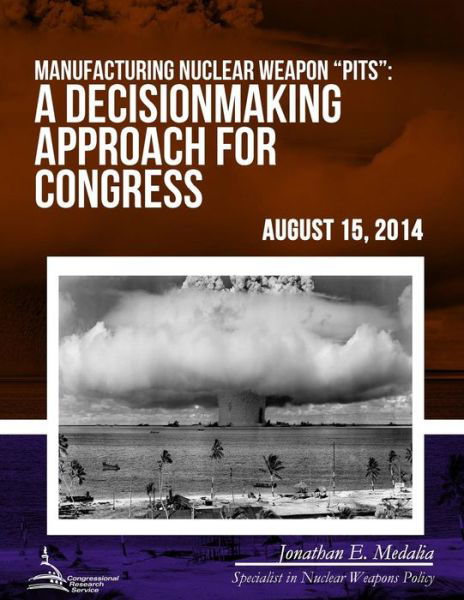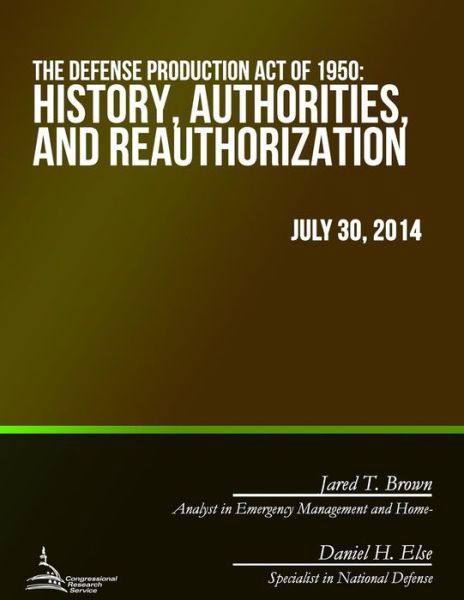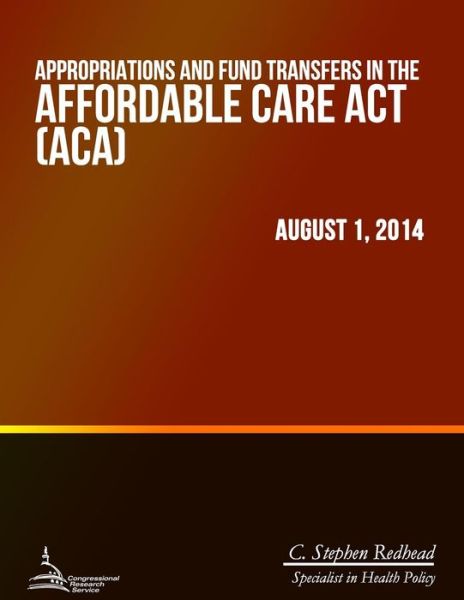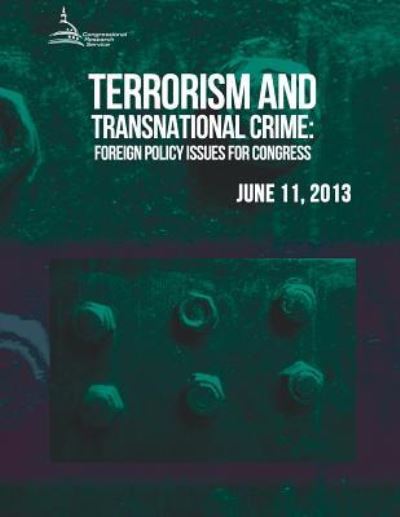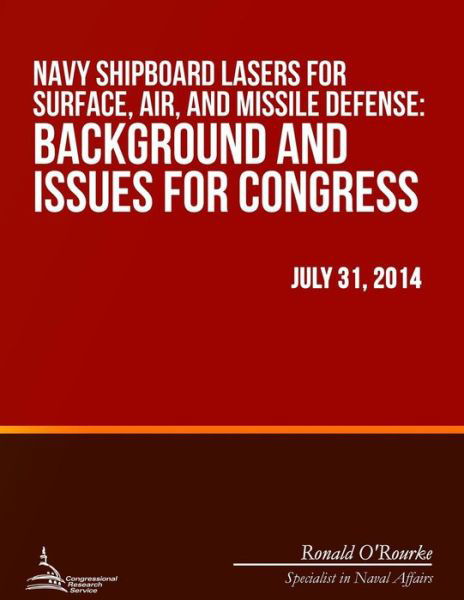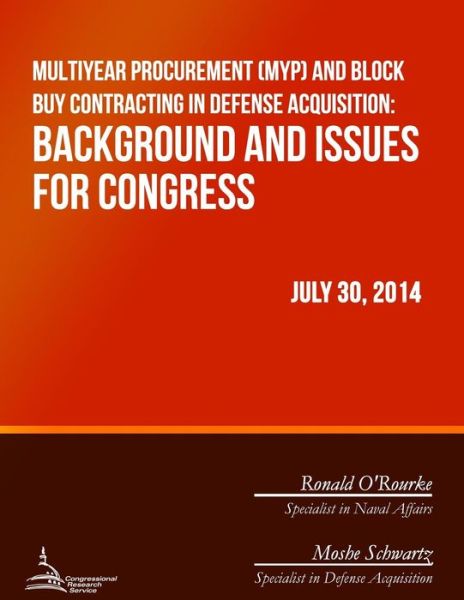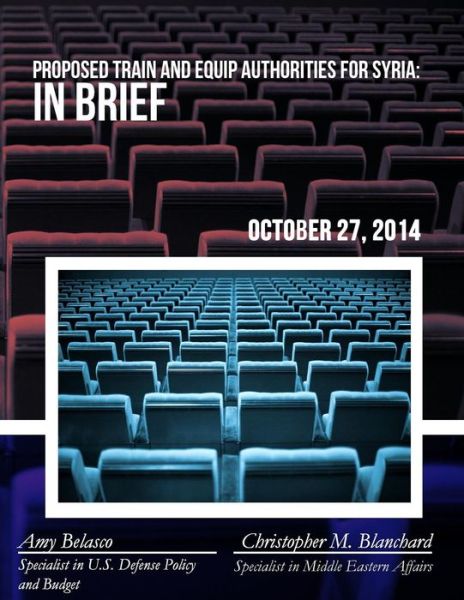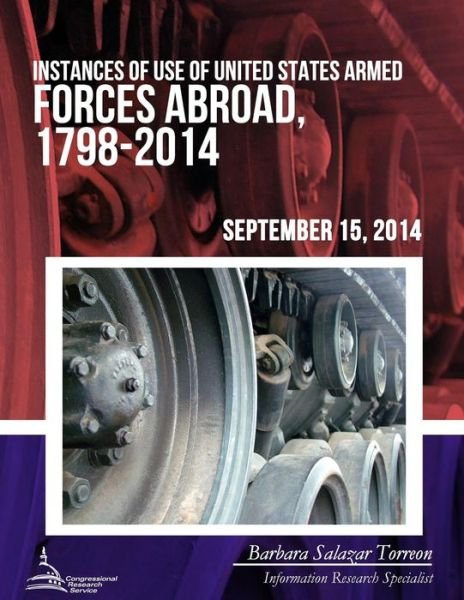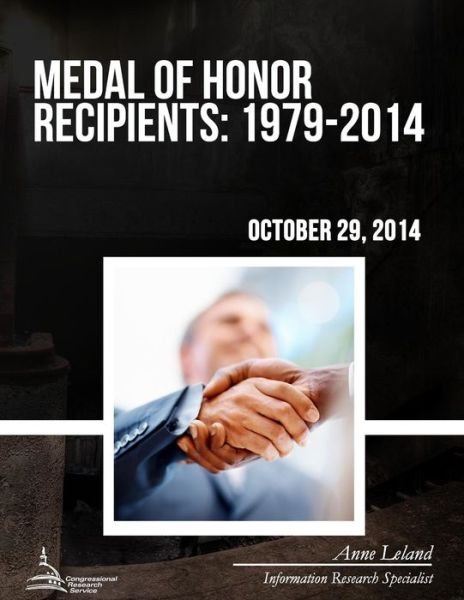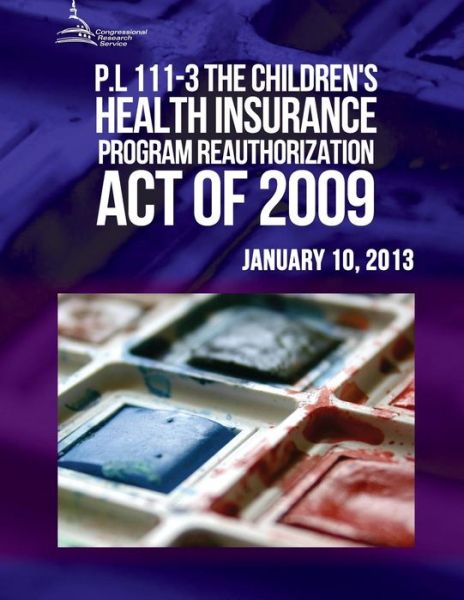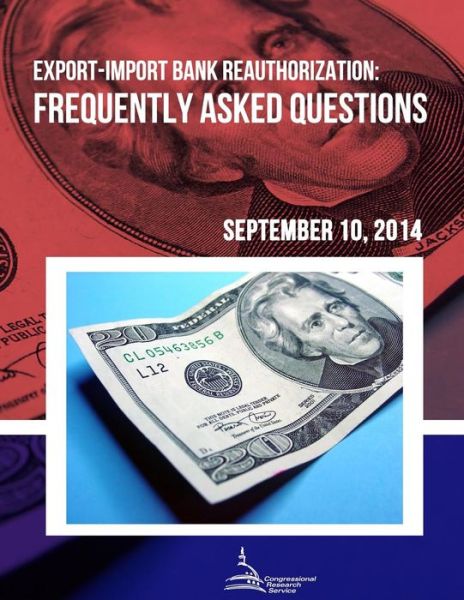
Powiedz znajomym o tym przedmiocie:
Iran: Interim Nuclear Agreement and Talks on a Comprehensive Accord
Congressional Research Service
Iran: Interim Nuclear Agreement and Talks on a Comprehensive Accord
Congressional Research Service
Publisher Marketing: On November 24, 2013, Iran and the six powers that have negotiated with Iran about its nuclear program since 2006 (the United States, the United Kingdom, France, Russia, China, and Germany-collectively known as the "P5+1") finalized an interim agreement ("Joint Plan of Action," JPA) requiring Iran to freeze many aspects of its nuclear program in exchange for relief from some international sanctions. The period of the interim deal was to be six months, during which time Iran and the P5+1 would attempt to reach a comprehensive deal on the long-term status of Iran's nuclear program. The main elements of the JPA are requirements that Iran freeze, in effect, its production of enriched uranium containing up to 5% uranium-235 during this period by converting the material to a uranium compound unsuitable for further enrichment; refrain from producing enriched uranium hexafluoride containing 20% uranium-235-the form of enriched uranium in Iran's stockpile that has caused the most concern; halt key elements of its heavy-water reactor and uranium enrichment facilities; and provide the International Atomic Energy Agency (IAEA) with additional information about its nuclear program, as well as access to some nuclear-related facilities which are not covered by Iran's IAEA safeguards agreement. Under the JPA, the P5+1 countries agreed to refrain from imposing new sanctions and permit Iran to repatriate to Iran about $700 million per month in oil sales proceeds. Iran's oil exports are capped at about 1 million barrels per day-a 60% drop from 2011 levels of about 2.5 million barrels per day. The JPA also permits Iran to sell petrochemicals and trade in gold and other precious metals, and to conduct transactions with foreign firms involved in Iran's auto sector. The estimated value of the revenue that accrues to Iran from these sources is about $250 million per month. Iran also is permitted to access about $65 million per month of hard currency for tuition for Iranian students, to buy spare parts for U. S.-made civilian aircraft, and to receive international facilitation of humanitarian purchases of food and medicine. The JPA has been seen as halting Iran's ability to produce a nuclear weapon and improving the international community's ability to identify Iranian efforts to develop nuclear weapons. Throughout 2014, the attention of the international community increasingly turned to the potential outcome of negotiations on a comprehensive nuclear accord. The P5+1-Iran negotiations began in February 2014 and reportedly made steady progress, although insufficient to reach agreement by the July 20 expiration of the first six-month JPA period. In July, the two sides announced that progress-and Iran's compliance with the JPA provisions-justified extending the JPA until November 24, 2014.
| Media | Książki Paperback Book (Książka z miękką okładką i klejonym grzbietem) |
| Wydane | 2 grudnia 2014 |
| ISBN13 | 9781505450026 |
| Wydawcy | Createspace |
| Strony | 24 |
| Wymiary | 216 × 279 × 1 mm · 81 g |
Więcej od Congressional Research Service
Zobacz wszystko od Congressional Research Service ( np. Paperback Book i Book )

 Świąteczne prezenty można zwracać do 31 stycznia
Świąteczne prezenty można zwracać do 31 stycznia


